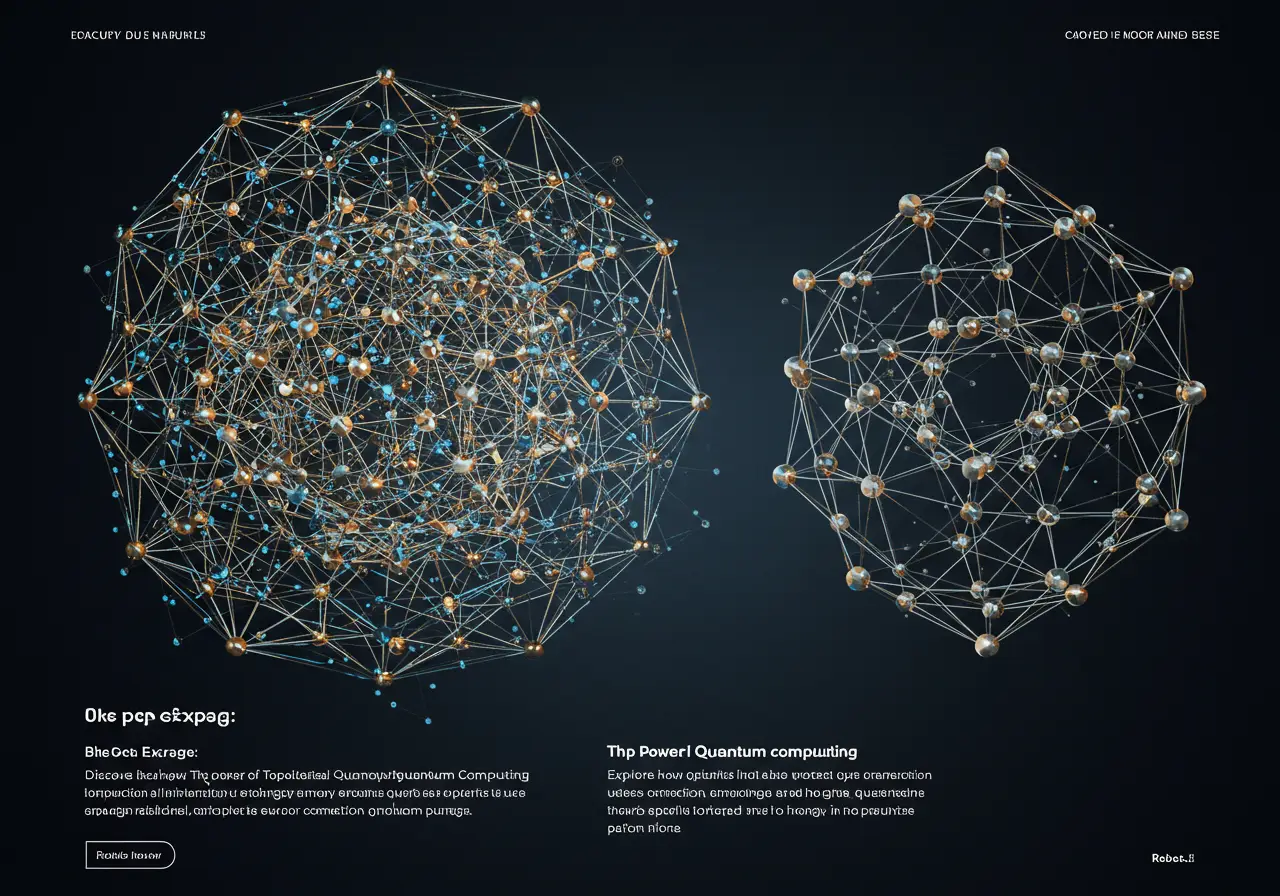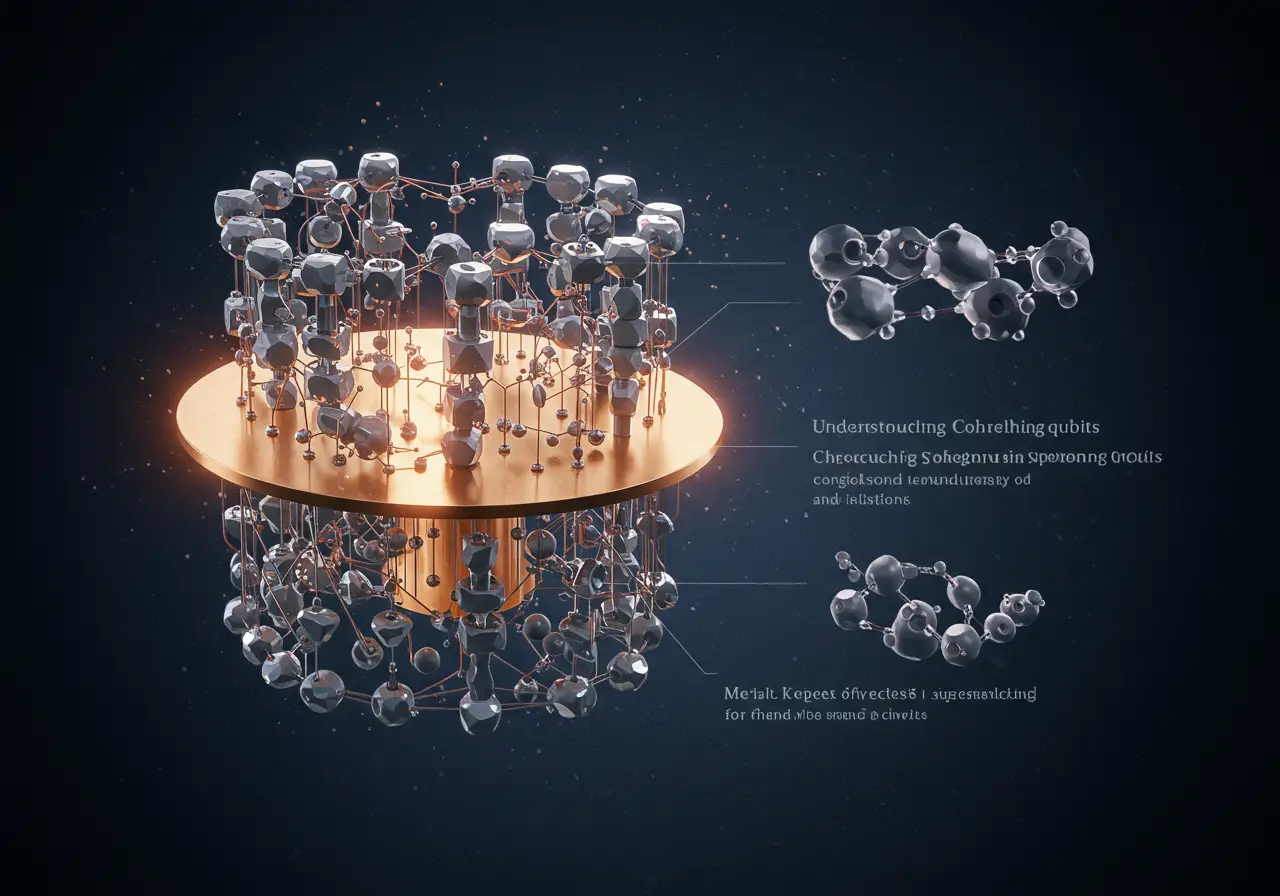Let’s explore the world of Topological Quantum Computing, a field reshaping the way we approach quantum information. At its core, Topological Quantum Computing (TQC) is about protecting delicate quantum states from environmental interference. Traditional quantum systems are susceptible to errors from even minor disturbances, but TQC uses the principles of topology to create a stable foundation for qubits—the fundamental units of quantum computing.
By leveraging the unique properties of topological phases, TQC provides an environment where qubits can function more reliably than before. This innovative approach not only enhances the performance of quantum systems but also extends their operational lifespan, opening doors to significant improvements across industries such as cryptography and pharmaceuticals.
In the landscape of TQC, the focus is on maintaining coherence in quantum states. While typical quantum systems may struggle with external noise, the robust design of TQC channels the resilience of topological structures to support more efficient error correction. This capability means that quantum systems can perform intricate computations which were previously out of reach.
The journey toward practical applications of TQC is progressing from theoretical concepts to real-world solutions, thanks to dedicated research and development efforts. As TQC evolves, its potential to revolutionize computing is becoming more apparent, offering new tools to address complex challenges and fostering innovation across various fields.
Embrace this exciting future, where the intersection of quantum mechanics and topology leads to new technological breakthroughs, empowering us to achieve more than ever before.




